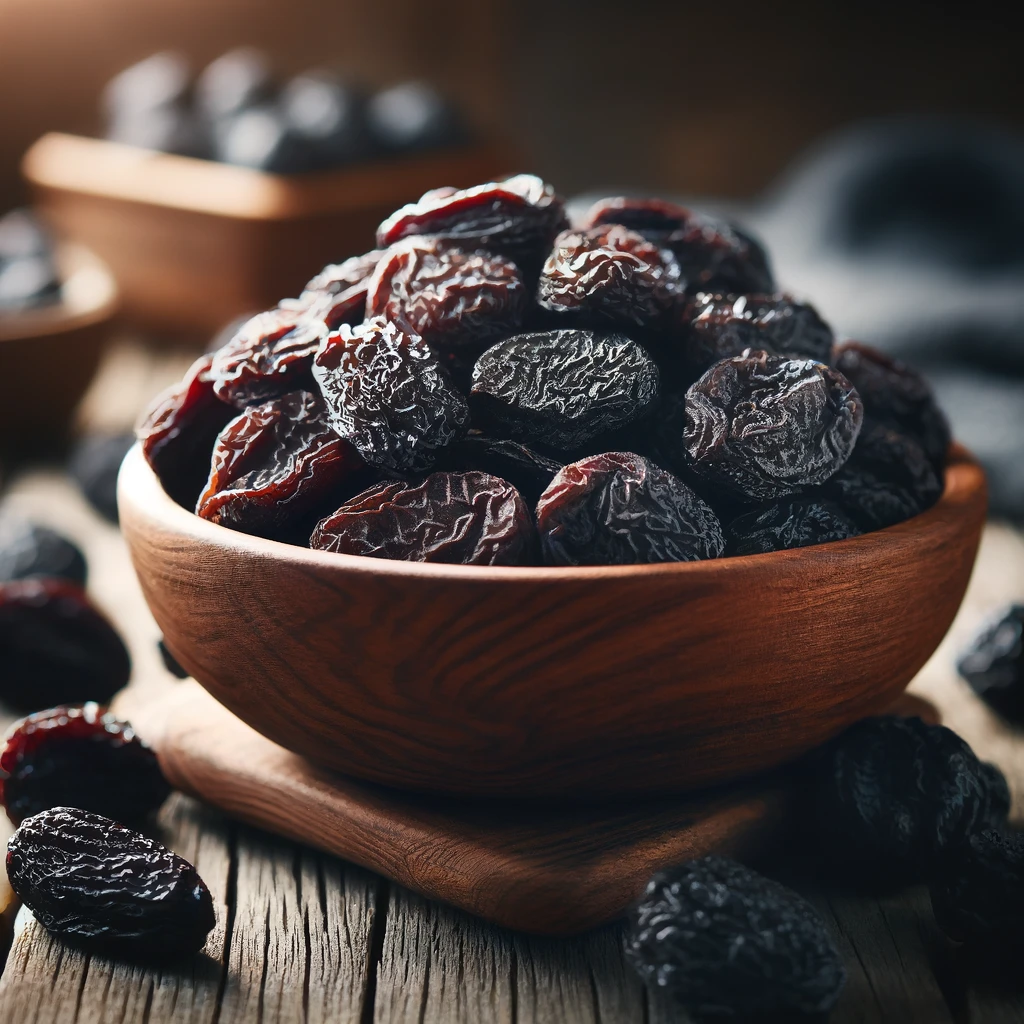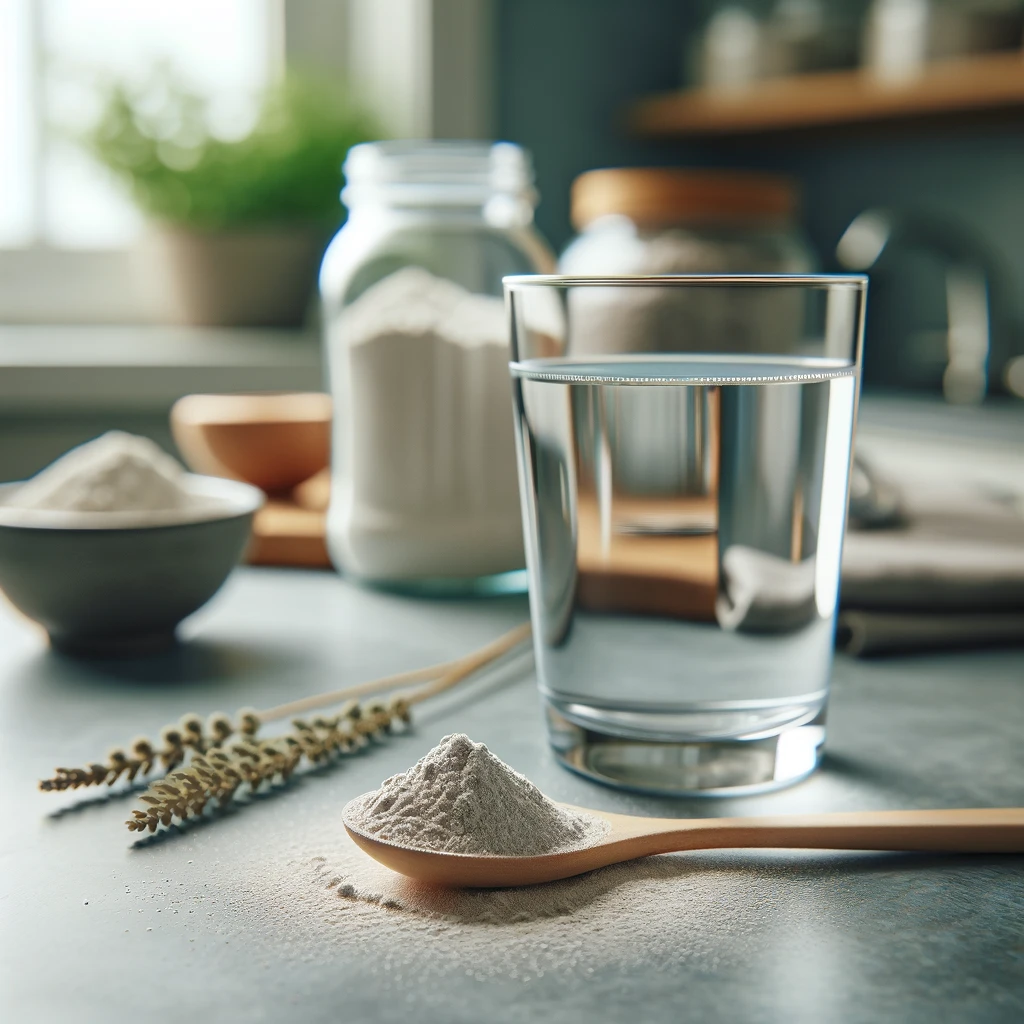Dealing with constipation is a discomfort that many wish to avoid, and while numerous remedies exist, not all are backed by scientific evidence. However, one traditional remedy has recently received scientific validation: prunes. Although their taste might not be universally loved, prunes have long been considered a natural laxative, and recent research now supports their effectiveness.

In a detailed study involving 40 individuals with chronic constipation, researchers set out to test the effectiveness of prunes compared to other treatments. Participants were asked to consume 3.5 ounces of prunes daily. The results were compelling: prunes significantly improved both the frequency and consistency of stool compared to the effects seen with coelium (psyllium), a well-known type of dietary fiber used for improving digestive health.
Prunes work by adding bulk and moisture to stool, which helps to speed its passage through the digestive tract. This effect is due to their high fiber content and natural presence of sorbitol, a sugar alcohol with a laxative effect.
I remember many times as a child when I couldn’t poop, and my mom would make me eat prunes. I hated them, but they did make me go. Recently, I had a client who couldn’t go either, and I remembered what my mom used to do, which got me thinking: Why do prunes and prune juice work so well? It’s simple. It turns out that prunes contain certain compounds that draw water from the body into the colon, effectively increasing your stool size, making it easier to slip right out. Adding psyllium husk can further enhance this effect by bulking things up.

While the study highlighted prunes’ effectiveness, psyllium fiber also has its merits. Known for its ability to absorb water and increase stool bulk, psyllium can ease the passage of stool through the intestines. My personal experience with psyllium fiber has been positive—I find it to be an excellent supplement for daily digestive health.
Combining prunes and psyllium fiber might enhance their individual effects, acting synergistically to promote even more efficient bowel movements. For those who find prunes’ taste less appealing, incorporating psyllium fiber can be a way to balance the regimen and still reap significant benefits.

If you’re considering trying out this combination, here are some tips on how to incorporate prunes and psyllium into your diet effectively:
Prunes stand out as a natural, effective remedy for constipation, supported by scientific research. When combined with psyllium fiber, they could provide a powerful dual approach to relieving constipation. As always, it’s wise to consult with a healthcare provider before starting any new dietary supplement, especially if you have underlying health conditions or are taking medications. Try incorporating these into your routine and observe the improvements in your digestive health. Your feedback on this combination would be invaluable as we continue to explore the best practices for managing digestive wellness.